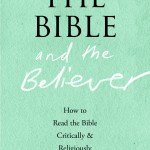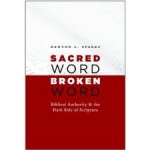This past Friday, Dr. Harold Heie (pronounced “high”) spoke to the Eastern University community on “Creating a Welcoming Space for Respectful Conversation about Controversial Issues” (part of the Windows on the World series). The auditorium was overflowing. Heie is known for finding ways for Christians to talk about difficult topics. In fact he has an entire website dedicated to the effort, respectfulconversation.net. He has also written about the subject, most profoundly in Learning to Listen, Ready to Talk: A Pilgrimage Toward Peacemaking.... Read more
















